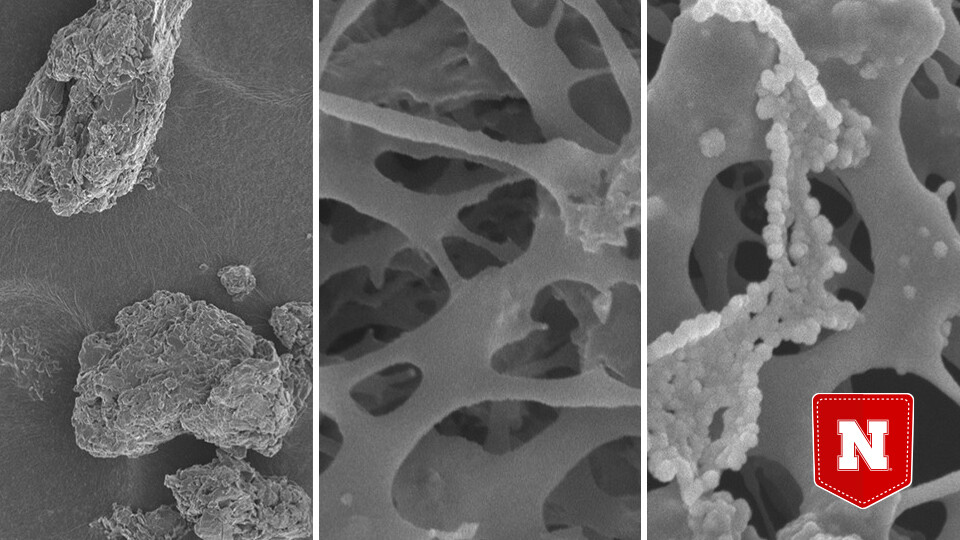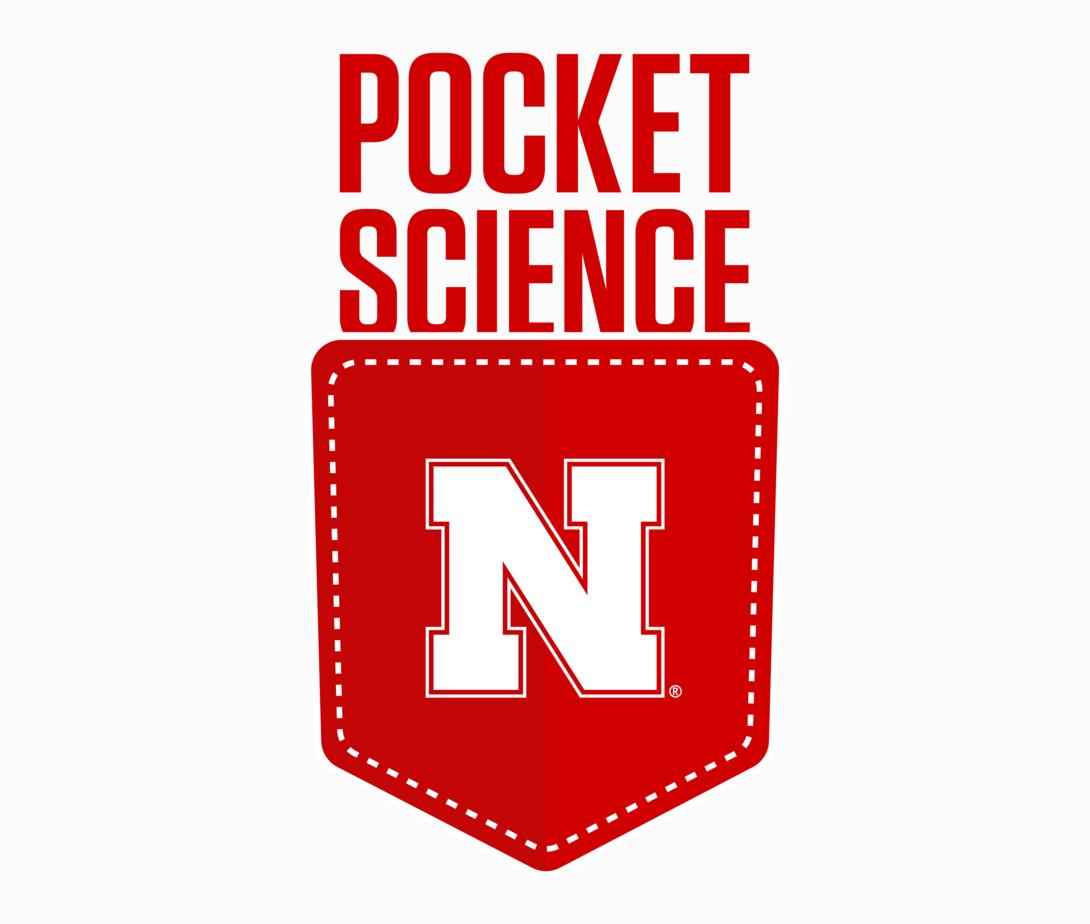
Welcome to Pocket Science: a glimpse at recent research from Husker scientists and engineers. For those who want to quickly learn the “What,” “So what” and “Now what” of Husker research.

What?
Plant-derived compounds called phytosterols have been found to lower the LDL cholesterol that contributes to plaque buildup in arteries.
Because most foods contain too few natural phytosterols to meaningfully disrupt cholesterol absorption, companies have begun fortifying foods with the compounds. But the molecular architecture of phytosterols makes them more difficult for the body to absorb and more challenging for companies to embed in foods — especially low- and non-fat varieties — without introducing undesirable tastes or textures.
So what?
In 2016, Nebraska’s Ozan Ciftci and colleagues developed first-of-their-kind phytosterol nanoparticles designed to facilitate absorption by the body and tolerate food-processing conditions.
In a new study, the researchers embedded the nanoparticles in granola bars and pudding before testing the performance of their phytosterol formulation by simulating human digestion. The team found that its nanoparticles boosted phytosterol absorption from about 30% to 90% in low- and regular-fat granola bars. They had a similarly promising effect in pudding, raising absorption from roughly 2% to 19%.
Now what?
Incorporating the nanoparticles into commercial food products could potentially improve phytosterol absorption in solid and non-fat foods that other recent approaches have struggled to accommodate, the researchers said. The approach might also increase the body’s absorption of other bioactive compounds in food.







